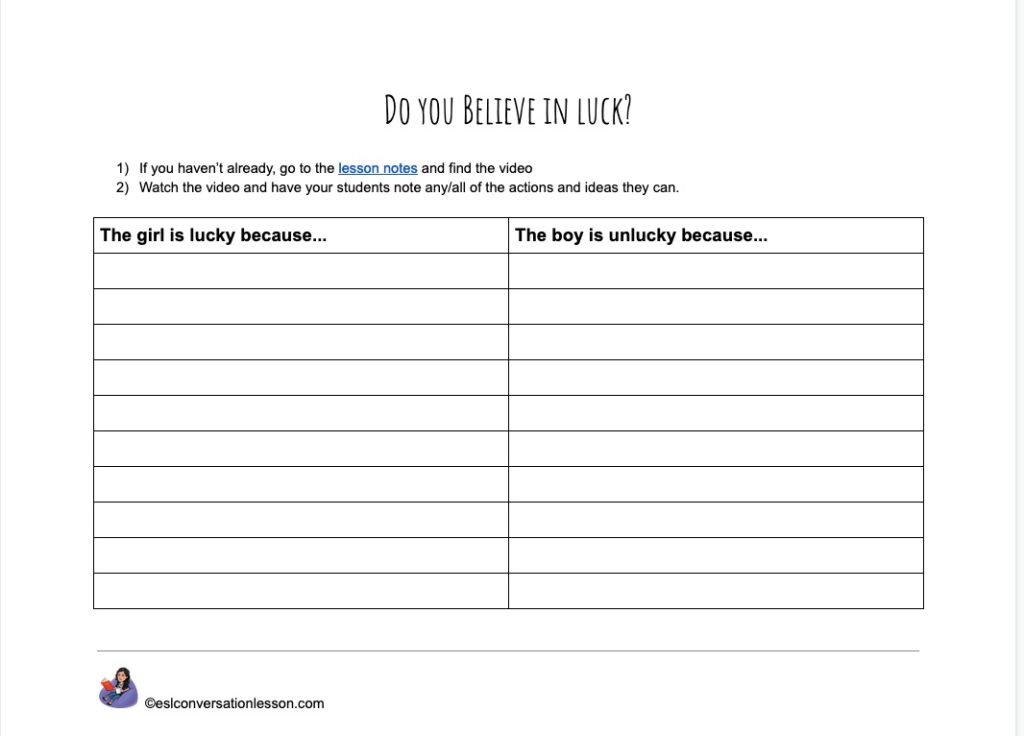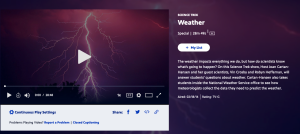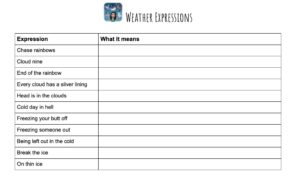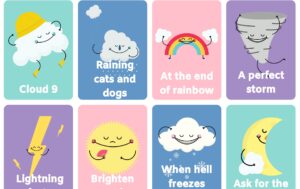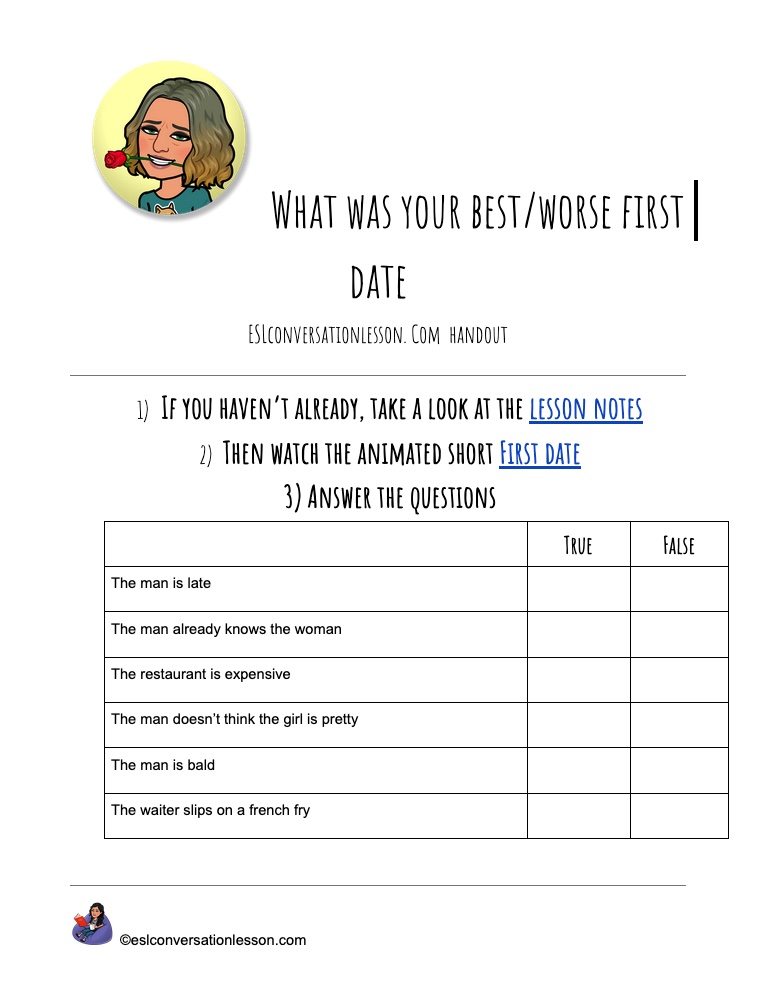Did your mother tell you not to talk to strangers? Mine did. Was that really good advice? Of course, we don’t want to compromise the safety of our children and we are not all social butterflies. We have our personalities and our boundaries and it is important to respect ourselves in that way.
How to break isolation
But isn’t there something alarmist, maybe even cold, about stranger danger? Are we encouraging isolation, apathy, disengagement, fear, tribalism? Even though it is natural to gravitate toward people who have familiar ideas and beliefs, could we be missing something in those who are different from us?
In Malcolm Gladwell’s new book “Talking to Strangers” he exposes how opening ourselves up to others has a lot to teach us. But it is not all touchy-feely shiny happy people communing. Talking to strangers can be very destabilizing and may even reveal or confirm that there are some twisted people out there. Not everyone is truthful and not everyone is empathetic. But some are, and by closing ourselves off for fear of landing on a bad one, we are pruning our outlook and our own empathy.
Talking to strangers is the key to more peace
Justin Trudeau’s keynote address to the NYU graduates takes this notion to the next level. He calls us out on our hidden biases, our fears, our tribalism. He wants to inspire us to have courage and get to know those who make us uncomfortable, get to know those who don’t resemble us and get to know those who don’t think like us. For him, and perhaps for Gladwell as well, talking to strangers is the path to world peace…no less.
Warm up
- What do you think talking to strangers can achieve?
- Why is it so difficult for us?
The Video: Justin Trudeau Diversity doesn’t have to be a weakness!
Discussion Questions
- What are some of the main messages that stuck with you?
- What does Trudeau mean when he talks about ‘tribalism’?
- What does he mean when he says “win the argument”?
- What can we do to know the good strangers from the bad strangers? Are there tools, tricks?
- Do you think Trudeau is being naïve? In what way?
- What are some of the ‘juicy’ words and expressions? Make a list and see if you can put them in other sentences.







